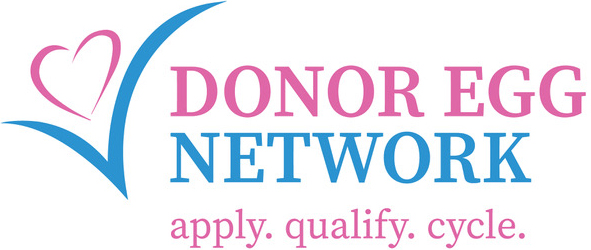Do I Need to Be Perfect to Donate Eggs?

We often see young women comment on our website or others, stating that it’s unfair that donors need to be really thin with a perfect body and perfect family to donate your eggs.
About BMI
Donors do not need to be really thin with a perfect body. It is true that a donor’s Body Mass Index (BMI) does need to be below 30, and some infertility clinics prefer a BMI below 28. BMI is defined simply as the measure of body fat as it is measured by one’s height and weight. BMI is an imperfect measurement. BMI can overestimate body fat in athletes or individuals with a large amount of muscle mass. It can also underestimate body fat in elderly people or in people with very little muscle mass.
The American Society for Reproductive Medicine (ASRM) establishes the BMI guidelines for egg donation, which aid in determining the amount of stimulation medication needed leading up to the egg donation retrieval. As a donor’s safety and well-being is always paramount, it’s important to use just enough hormones to stimulate the appropriate levels of follicular growth but not too much to potentially increase risk to the donor. In general, higher BMI levels require higher dosages of stimulation medication, which can be more costly and add unnecessary risk to the donor during her egg donation cycle.
About Genetics
We often hear from potential donors that requirements are overly strict as it relates to family health. This is somewhat true. A donor’s family health profile is analyzed for conditions or diseases with a genetic trait. As the ultimate goal is for parents of donor-conceived children to raise healthy and happy babies, we utilize the advancements of evolving technology and expertise in our field to minimize risk of passing down undesirable genetic conditions.
Like the BMI being an imperfect guide for selecting donors for medication guidelines, reviewing one’s family health history is an imperfect measure in determining health risks, but it is one tool among many in the egg donation screening process.
Prior to initiating the egg donation cycle, donors will undergo genetic carrier status screening, a genetic family tree risk assessment, psychological testing, a medical evaluation, infectious disease testing and a toxicology screen. It sounds like a lot, but the screening process is relatively simple and straight forward and can be accomplished quickly. The good news is that only about 10 percent of donors who initiate screening process will be disqualified.
We hope to provide cycle opportunities to every young woman wishing to donate her eggs to help infertile couples achieve their dreams of becoming parents. Fortunately, the vast majority of donor candidates who initiate the screening process will qualify. We hope you will apply!


